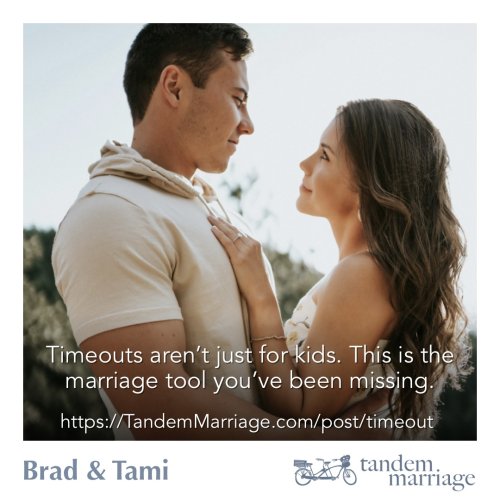We often get great and insightful feedback from our social media followers. Recently we posted the picture next to the title of this article that says, "I don't tell you often enough, but I love you so much!"
We received quite a few responses to this post. Most people loved sharing this post with their sweeties, but some were confused. In fact, we were surprised by how confused some couples were. The following comment summarizes the confusion very well. One particular wife said, “Mine [husband] doesn't think it's necessary to say it often… that it has more meaning if said less frequently. I disagree. Nice to hear it every day.” We were a bit surprised by how many comments we received from spouses saying that their partner does not think it's necessary to say, "I love you" often.
There is no “right” answer here since this issue, like so many others in marriage, boils down to a matter of individual preferences. Our individual preferences as husband and wife are important, but when we take the time and emotional energy to understand those individual preferences in light of the whole, this will make the most profound difference of all.
One way to understand these differences in terms that you may or may not be familiar with is through the concept of The Five Love Languages, by Dr. Gary Chapman. In this insightful book, Dr. Chapman explains that we all have a tendency to show love in the same way that we feel the most loved ourselves. These five love languages are:
- Words of affirmation
- Acts of service
- Receiving gifts
- Quality time
- Physical touch
As you look at this list, think about the ways in which you feel the most loved. If, for example, you feel the most loved through physical touch (holding hands, a shoulder massage, or a tender touch to your cheek), then you will also show love in that same way by default. This is your love language. Your spouse likely has a different love language than you and therefore, will not feel the most loved through physical touch. Their primary way to give and receive love might be through words of affirmation. This sets up a scenario where you are touching and being physically affectionate to show love, but your spouse does not seem to respond to you in the same way. In other words, your spouse does not feel the full impact of your love because you are speaking a different language. If this sounds familiar, you may even be feeling like you are doing all of the loving and pursuing in your relationship. This can feel very one-sided and be a strain on any relationship.
What if, on the other hand, you took the time to understand the ways in which your spouse feels the most loved – their love language. Then you could learn to be more deliberate to offer words of affirmation, in the scenario above, and help your spouse to feel loved and appreciated. If you aren't exactly sure how to communicate in your spouse's love language, just watch them and listen to them. When your spouse says something to you like, "I want you to know how much I appreciate all of your hard work for me and our family," then you know how they like to receive love as well. It's as if we can best learn to love our spouses by letting them teach us how to do it!
Now back to our opening story. The wife said that she would like to hear "I love you" every day. He thinks "I love you" has more meaning when used sparingly. What's most important here is that he, the husband, fully understands his wife's needs – and meets them. This is HIM learning to speak HER language. If she has a need to hear those loving words daily, he would be wise to deliver them often! Lastly, guess which one of them will be happier when this happens? They both will be happier!
We really do love The Five Love Languages by Dr. Gary Chapman.Get your copy here:
http://amzn.to/1TFjDWs
You can also take the online assessment for FREE to get you started here:
https://5lovelanguages.com/quizzes/love-language
DISCUSSION QUESTIONS:
1. Do you know what your love languages are (for you and your spouse)? This helpful nugget of information is one of the first things we ask of the couples we do marriage coaching with. It's like getting a head start toward the ways in which they communicate love.
2. What is your love language? What is your spouse's love language?
3. How will you make the shift for SHOWING love in your own love language to SHOWING love in your spouse's love language?
4. If your spouse has a different love language than you, and you are trying to show love to your spouse in their love language, doesn't that become an even more loving thing to do (since it doesn't come natural)? Explain this in your own words.
---
If you have any comments or questions about this post, we would love to hear from you by using the Contact Us link in the footer below.
By Brad & Tami Miller. Copyright © 2018
Link to: https://tandemmarriage.com/iloveyou






